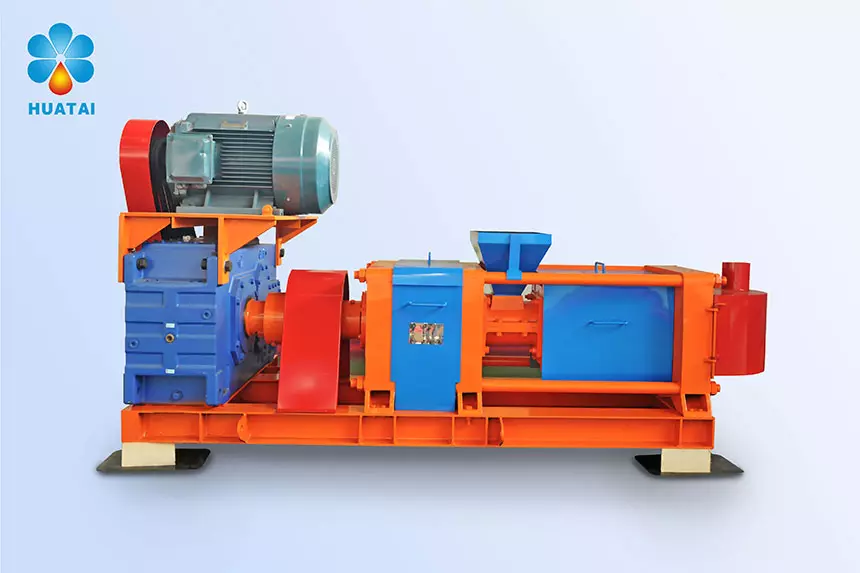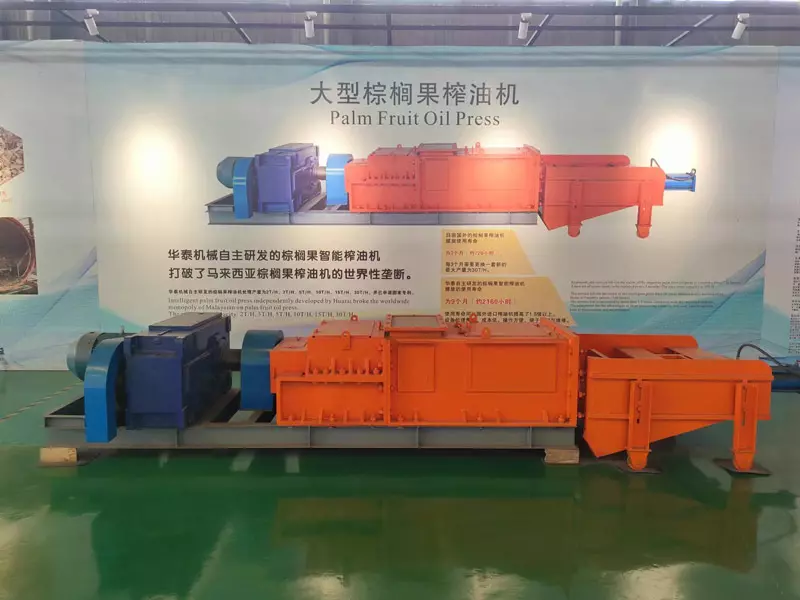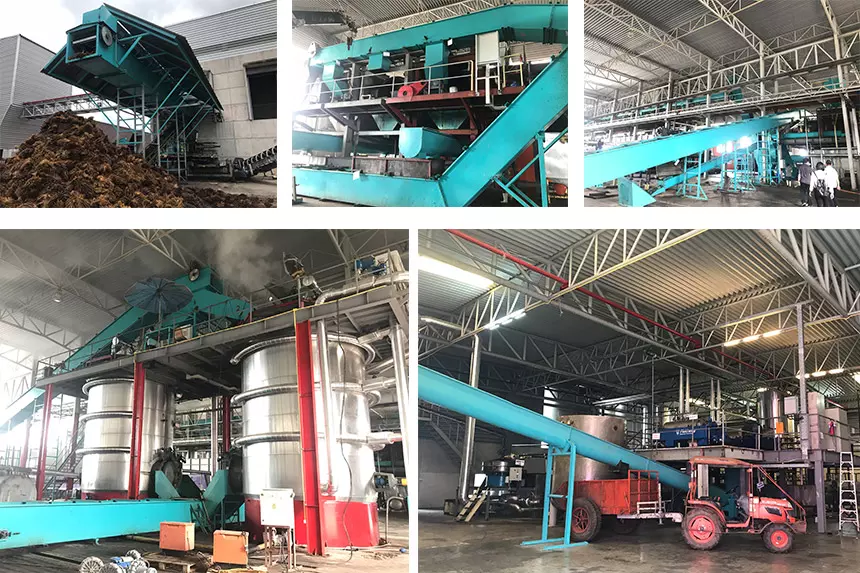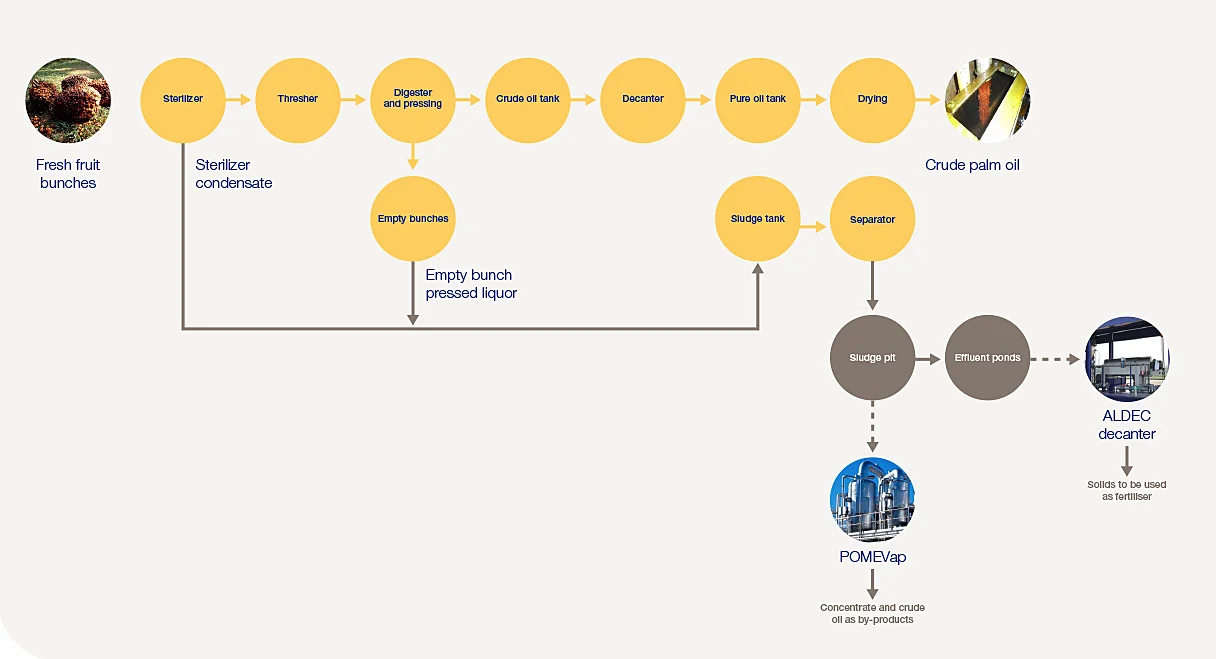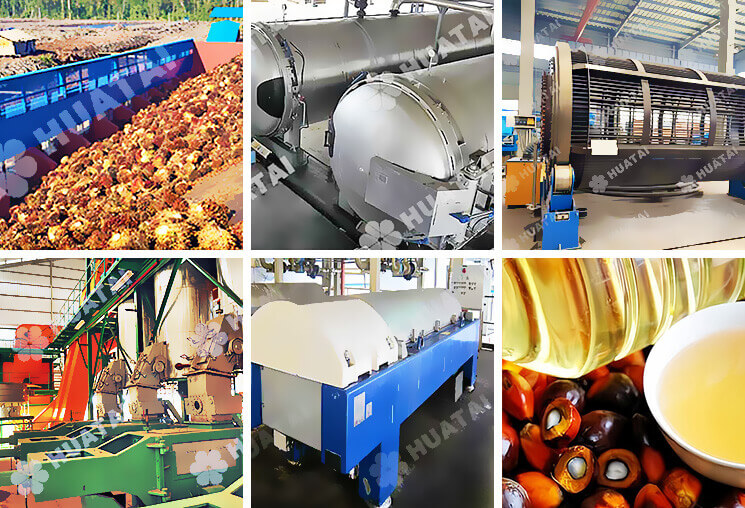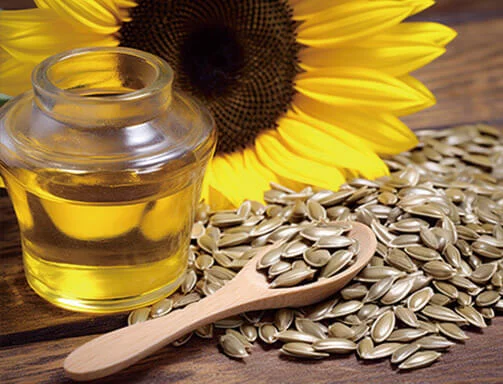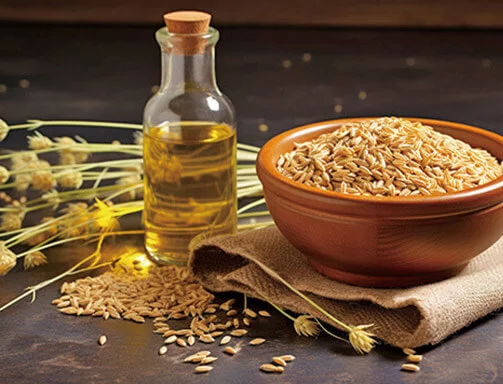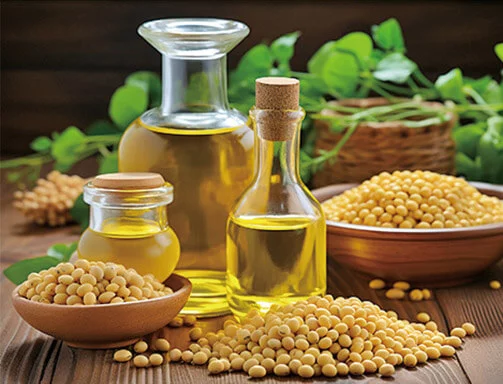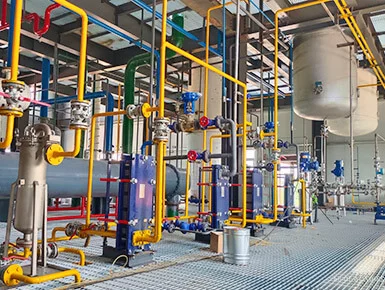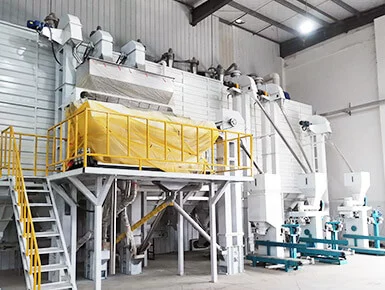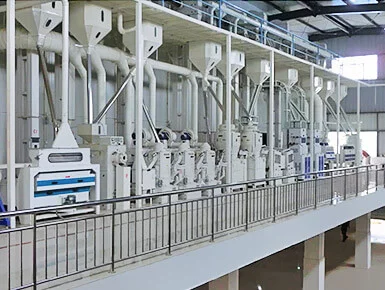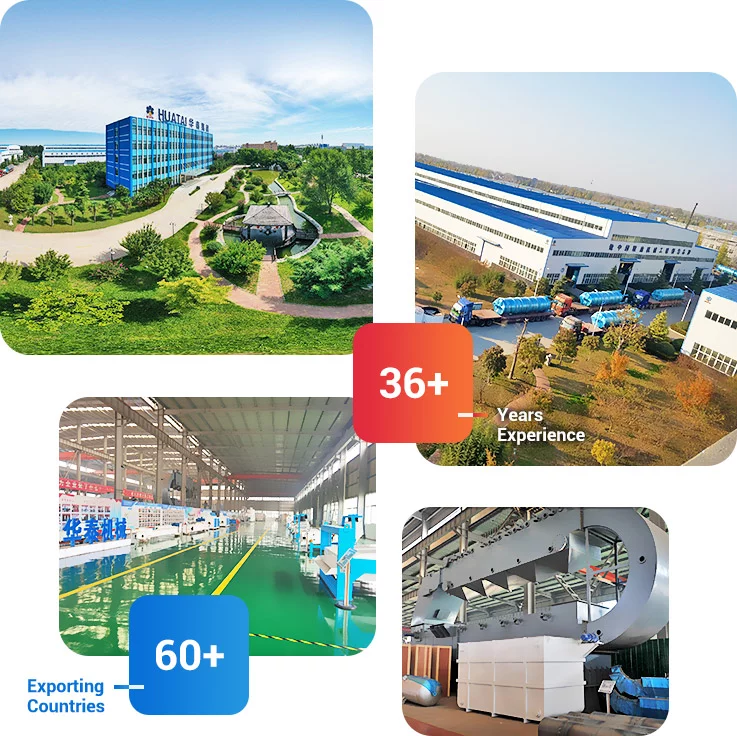![2025 Automated Palm Oil Processing Machine Price]()
Introduction
Palm oil is one of the most widely used vegetable oils in the world, found in everything from food to cosmetics and biofuels. As global demand continues to rise, investing in efficient palm oil processing machines is essential for businesses looking to maximize profits while ensuring high-quality production.
Whether you're a large-scale producer or a small business owner exploring the industry, choosing the right machine for palm oil processing can make all the difference.
In this article, we’ll walk you through everything you need to know—types of machines, the processing workflow, costs, and how to set up a palm oil mill. Plus, we’ll introduce you to Huatai Group’s advanced palm oil processing solutions to help you make the best choice.
What machines are used in palm oil processing?
Palm oil processing involves several stages, and each step requires specialized equipment. Here’s a breakdown of the machines used in a palm oil processing plant:
Sterilizer
Fresh fruit bunches (FFB) are sterilized using high-pressure steam to deactivate enzymes that cause oil deterioration. This process also softens the fruit, making it easier to extract oil.
Thresher (FFB Stripper)
Separates palm fruits from the bunches using a rotating drum or mechanical shaking method. Reduces labor costs compared to manual threshing.
Palm Oil Press Machine
Extracts crude palm oil (CPO) from the fruit by mechanical pressing. Available in manual, semi-automated, and automated palm oil processing machine models for higher efficiency. (Read more: Palm fruit double screw oil press >>)
![Huatai palm fruit oil press machine]()
Clarification System
Removes impurities and solid residues from the crude oil to improve its purity. Typically involves sedimentation tanks or centrifuge separation.
Oil Drying and Filtration System
Further refines the crude oil by eliminating moisture and remaining solids. Uses vacuum dryers and plate filter presses.
Palm Kernel Recovery Machine
Extracts palm kernel nuts from the leftover fruit pulp. Palm kernels can be further processed into palm kernel oil, maximizing profit.
Waste Management Equipment
Includes biomass boilers, composting systems, and wastewater treatment units. Converts palm oil waste into useful by-products like fertilizer or fuel.
Each of these machines plays a crucial role in ensuring smooth, efficient palm oil production. Depending on your production scale, you can opt for fully automated palm oil processing machines or semi-automated solutions.
![Machine for palm oil processing]()
What is the process of palm oil processing?
The palm oil extraction process is a well-structured system designed to maximize oil yield while minimizing waste. Here’s how it works:
Step1: Harvesting and Transporting
Fresh fruit bunches (FFB) are harvested from oil palm trees. They must be processed within 24 hours to prevent oil quality deterioration.
Step2: Sterilization
FFBs are steamed at high temperatures (140–150°C) for about 60 minutes. This step softens the fruit and deactivates enzymes that cause oxidation.
Step3: Threshing
The fruits are separated from the bunches using mechanical thresher machines. This step ensures only the fruit enters the pressing stage.
Step4: Oil Extraction (Pressing)
The palm fruit is fed into a palm oil press machine that crushes and presses the oil out. The extracted oil is a mixture of oil, water, and solids.
Step5: Clarification
The crude palm oil (CPO) is filtered and purified using sedimentation tanks and high-speed centrifuges. Water and solid residues are separated to improve the oil’s quality.
Step6: Oil Drying & Filtration
Vacuum dryers remove excess moisture. Final filtration removes fine solids and impurities.
Step7: Palm Kernel Oil Processing (Optional)
The remaining kernels are cracked and pressed separately to extract palm kernel oil. (Read more: Palm kernel oil fractionation plant >>)
Step8: Waste Management & Utilization
Fiber and shells can be used as biomass fuel. Empty fruit bunches (EFB) are often repurposed as compost.
This step-by-step process ensures high oil recovery rates while minimizing waste, making the industry more sustainable.
![Palm oil production process flow chart]()
What is the waste from palm oil processing?
Palm oil processing generates several types of waste, some of which can be repurposed for other uses. Key by-products include:
- Empty Fruit Bunches (EFB): These can be used as organic mulch or converted into biomass fuel.
- Palm Kernel Shells (PKS): A valuable energy source, used as fuel in boilers.
- Palm Oil Mill Effluent (POME): A liquid waste that must be treated before disposal to prevent environmental pollution.
- Pressed Fiber Residue: This can be used to produce bio-compost or briquettes.
Sustainable waste management is becoming increasingly important, and modern oil palm processing machines are designed to minimize waste while maximizing efficiency.
How much do palm oil processing machines cost?
The cost of palm oil processing machines varies across countries due to factors like production capacity, level of automation, labor costs, raw material availability, import/export taxes, and suppliers.
Below is a country-specific price comparison for different types of machines.
| Machine Type |
Capacity(TPD) |
Nigeria(USD) |
Malaysia(USD) |
India(USD) |
Ghana(USD) |
| Small Machine |
1-5 TPD |
$1,800 - $5,500 |
$1,500 - $4,500 |
$1,700 - $5,000 |
$1,800 - $5,800 |
| Medium-Scale Machine |
5-20 TPD |
$6,000 - $35,000 |
$5,000 - $30,000 |
$6,500 - $32,000 |
$6,000 - $36,000 |
| Large Industrial Machine |
20+ TPD |
$35,000 - $110,000 |
$30,000 - $100,000 |
$40,000 - $120,000 |
$35,000 - $115,000 |
| Automated Machine |
10+ TPD |
$55,000 - $220,000 |
$50,000 - $200,000 |
$60,000 - $230,000 |
$55,000 - $225,000 |
How much does setting up a mini palm oil mill plant cost?
The cost of building a small palm oil processing plant mainly depends on construction cost and operating costs. Below we will take the setup of a 10 TPD palm oil processing plant as an example and conduct a cost analysis.
Construction Costs
| Category |
Details |
Estimated Cost(USD) |
| Land Cost |
5 hectares in a palm plantation, annual rent per hectare $246–$492, total rent for 5 Years. |
$6,145–$12,290 |
| Plant Construction |
1,000 square meters ($123–$197/㎡) |
$122,905–$196,648 |
| Equipment Procurement |
Includes screening, pressing, refining, and fractionation equipment |
$300,000–$500,000 |
| Infrastructure Support |
Water and electricity access, road leveling, etc. |
$24,581–$49,162 |
| Total Construction Costs |
A sum of all construction expenses |
$239,000–$405,000 |
Operating Costs (Monthly)
| Category |
Details |
Estimated Cost(USD) |
| Raw Material Procurement |
50 tons of palm fruit at $49 per ton |
$73,743 |
| Staff Wages |
10 workers ($368–$492 each), 2 managers ($737–$1,229 each). |
$5,162–$7,374 |
| Water, Electricity & Fuel |
Estimated monthly cost |
$1,229–$2,458 |
| Equipment Maintenance |
$1,229–$2,458 |
| Transportation & Sales |
Logistics and marketing |
$2,458–$4,916 |
| Total Operating Costs |
A sum of all monthly expenses |
$83,000–$91,000 |
Based on the above tables, you can calculate the approximate cost of building a small palm oil processing plant: total construction cost is about $239,000 - $405,000, and total monthly operating cost is about $83,000 - $91,000.
![Small scale palm oil processing machine]()
Huatai Group: Your Partner in Palm Oil Processing.
When it comes to purchasing palm oil processing machines for sale, Henan Huatai Group stands out for several reasons:
- Custom Solutions: Tailored automated palm oil processing machines for all scales.
- Advanced Technology: Automated control systems for precision processing.
- High Efficiency: Maximizes oil extraction rates with minimal waste.
- Durability: ISO-certified, corrosion-resistant machinery.
- After-Sales Support: Installation, training, and maintenance.
- Eco-Friendly Solutions: Focus on waste reduction and sustainability.
- Competitive Pricing: Affordable, high-quality equipment for all business sizes.
Our clients report 20–30% higher yields with Huatai’s oil palm processing machines, ensuring rapid ROI. If you're looking for reliable palm oil processing machines for sale, we offer the best solutions in the market.
Conclusion
Investing in palm oil processing machines is essential for anyone looking to enter or expand the palm oil industry. From small-scale businesses to large industrial operations, the right equipment can significantly impact production efficiency and profitability.
By understanding the cost of palm oil processing machines, the setup expenses for a mini mill, and choosing a trusted manufacturer like Huatai Group, you can ensure a successful and sustainable palm oil processing operation.
If you're ready to take the next step, explore our range of automated palm oil processing machines and start building a profitable business today!
References:
![]() Service Coverage
Service Coverage
![]() FAQ
FAQ

